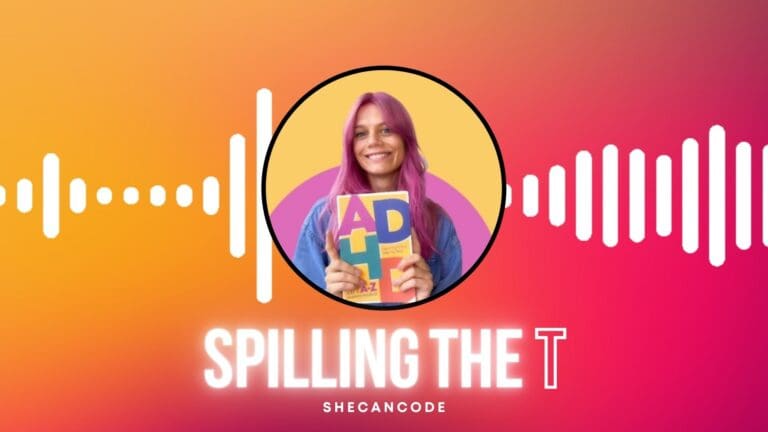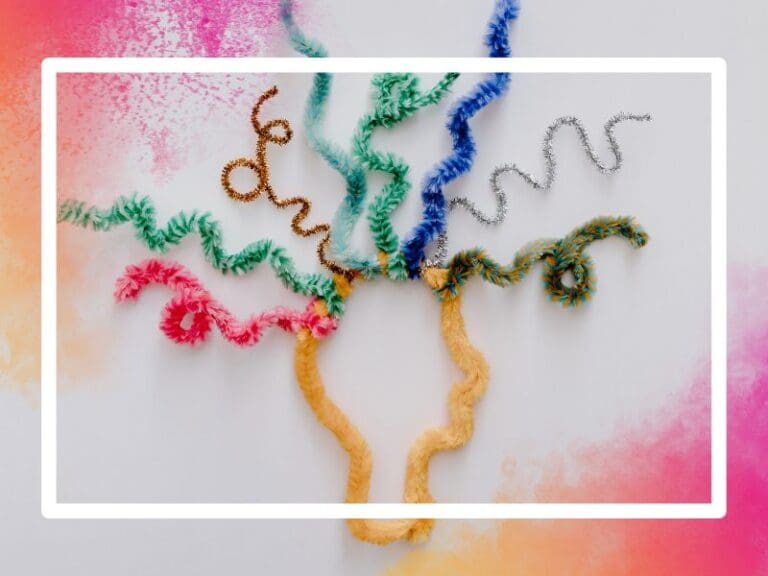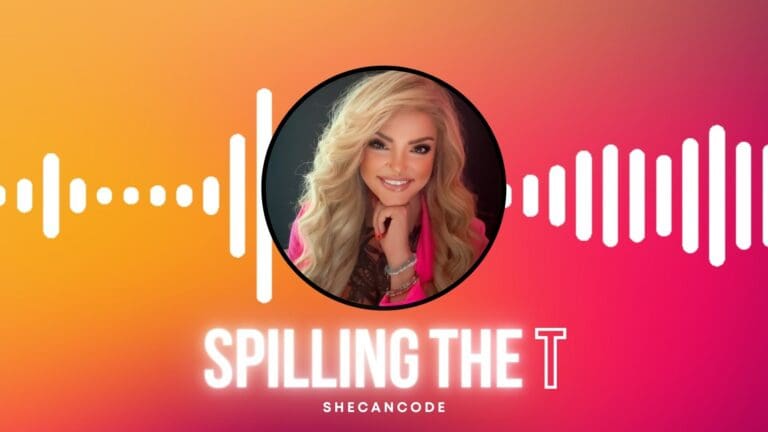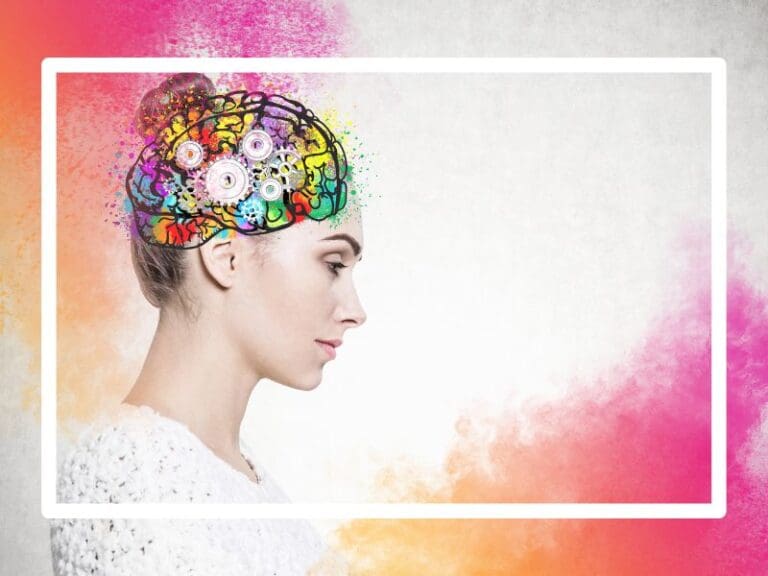What does it feel like when your brain constantly races ahead of you?
For Leanne Maskell, diagnosed with ADHD at 26 and autism at 31, it meant decades of feeling fundamentally different without understanding why. In this raw, insightful conversation, she takes us from her reluctant teenage years as a Vogue model to founding ADHD Works, where she now advises global companies like Disney and Microsoft.
The seven-year waiting list she encountered has now stretched to ten years in parts of the UK, leaving countless others in that same painful limbo. Her journey through modelling, law school, and numerous short-lived jobs illuminates the unique challenges neurodivergent individuals face in traditional workplaces.
We explore the concept of “neurobias” – those unconscious assumptions about how everyone should work, communicate, and progress professionally. Why do we assume making eye contact equals attentiveness? Why do we pressure talented specialists into management roles they may not want? These biases create unnecessary barriers for neurodivergent employees, 56% of whom still hide their condition from managers.
Leanne offers practical strategies for both individuals and employers. For those with ADHD or autism, identifying your strengths through tools like the VIA Character Strengths test can help leverage your interest-based nervous system. For managers, simple adjustments like providing context for requests (“Can we chat? Nothing bad, don’t worry”) can transform the experience for neurodivergent team members.
Whether you’re neurodivergent yourself, manage diverse teams, or simply want to create more inclusive workplaces, this conversation offers invaluable insights into different ways of processing the world. As Leanne reminds us, “Your brain is yours for life” – learning to work with it rather than against it unlocks extraordinary potential.
Ready to transform how you think about neurodiversity in the workplace? Subscribe now and share your experiences with adapting work environments for different thinking styles.








